With Beginningless Mind, Marija Bozinovska Jones poses some fundamental questions, how do we know, how do we know that we know and, crucially, what makes our beliefs justified? In a tripartite, audiovisual narrative, Jones explores two central public access knowledge commons, Wikipedia and Google Earth, in real time, using NLP (Natural Language Processing), a branch of artificial intelligence that deals with the interaction between computers and humans using natural language, developed alongside Jayson Haebich. By connecting the content streams of Wikipedia and Google Earth to search engine results, Jones is able to analyse live speech, connecting spoken language with what most people at any give moment are searching for online in a complex simulation of rational, human-centred intelligence. “I’m curious about the ineffable and the transcendental; the embodied as an experience which cannot be expressed into words,” explains Jones to Edwina McEachran of AND Festival. “With technological interfaces, which rely on language as a communication tool, we tend to hit a wall with the affective, an invisible wall most of the time. Referencing philosopher Ludwig Wittgenstein’s ‘the limits of my language are the limits of my world’ the work communicates overarching ideas which deal with production of reality and ordering of knowledge. Essentially, artificial intelligence is manufactured knowledge, a simulation of knowledge and intelligence as cognitive processes disregarding embodied knowledge.”
By using NLP in conjunction with publicly accessible knowledge resources, Jones is able to exceed the limits of what the program is trained to recognise semantically, approximating a collective understanding of speech based on the results of what most people were searching for online at that moment. “It wouldn’t necessarily return results for the searched phrase or the string of words, but whatever was most optimised or trending, often with rather arbitrary results,” explains Jones. “The returned results can be nonsensical and very entertaining, revealing a rather lucid algorithmic reasoning.” In this way the artist shows how this algorithmic reasoning effects its own production of reality, ordering knowledge into categories based not on personal enquiry, but on populism, both democratically derived and artificially boosted via Search Engine Optimisation (SEO). “It is techno-capitalism at its best,” asserts Jones. “This way of deriving knowledge creates a notion of reality, including the proliferation of fake news and conspiracy theories. This is the reason why I wanted to go somewhere beyond language because the overarching idea of the work is interconnectedness and interdependence as a felt experience – something experienced as a sense of belonging and a nurturing way of being in and with the world.”


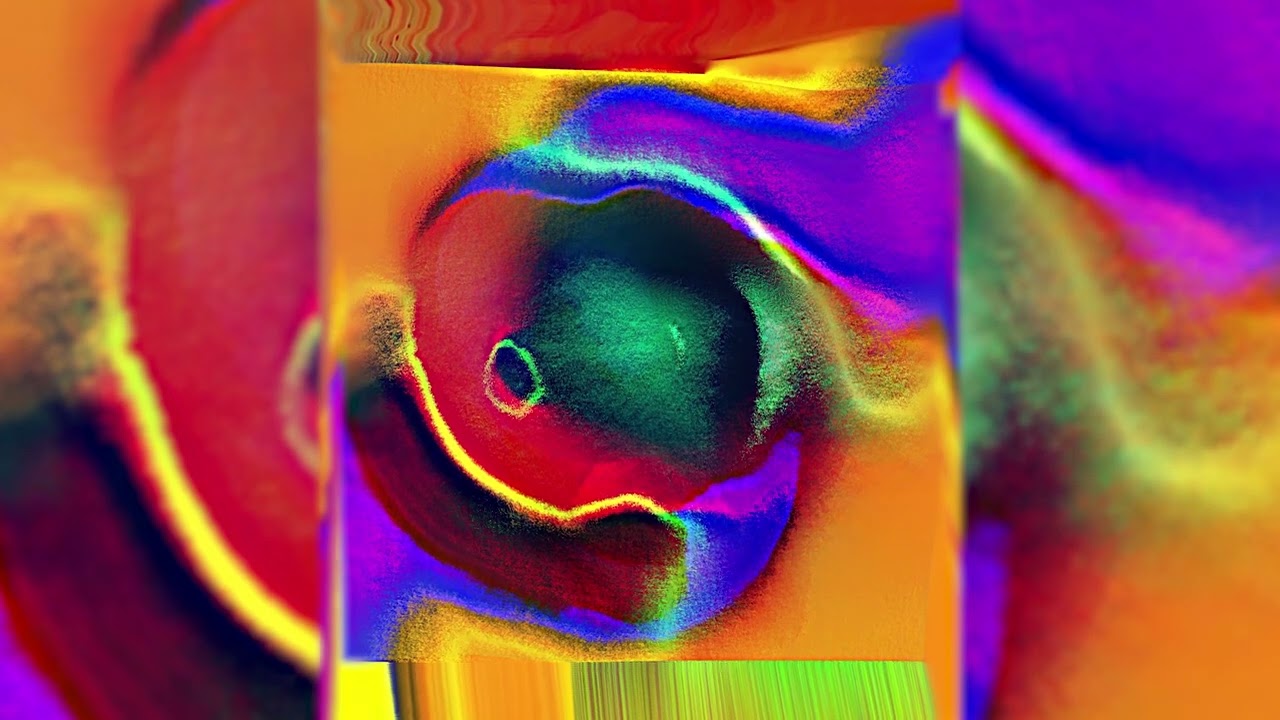
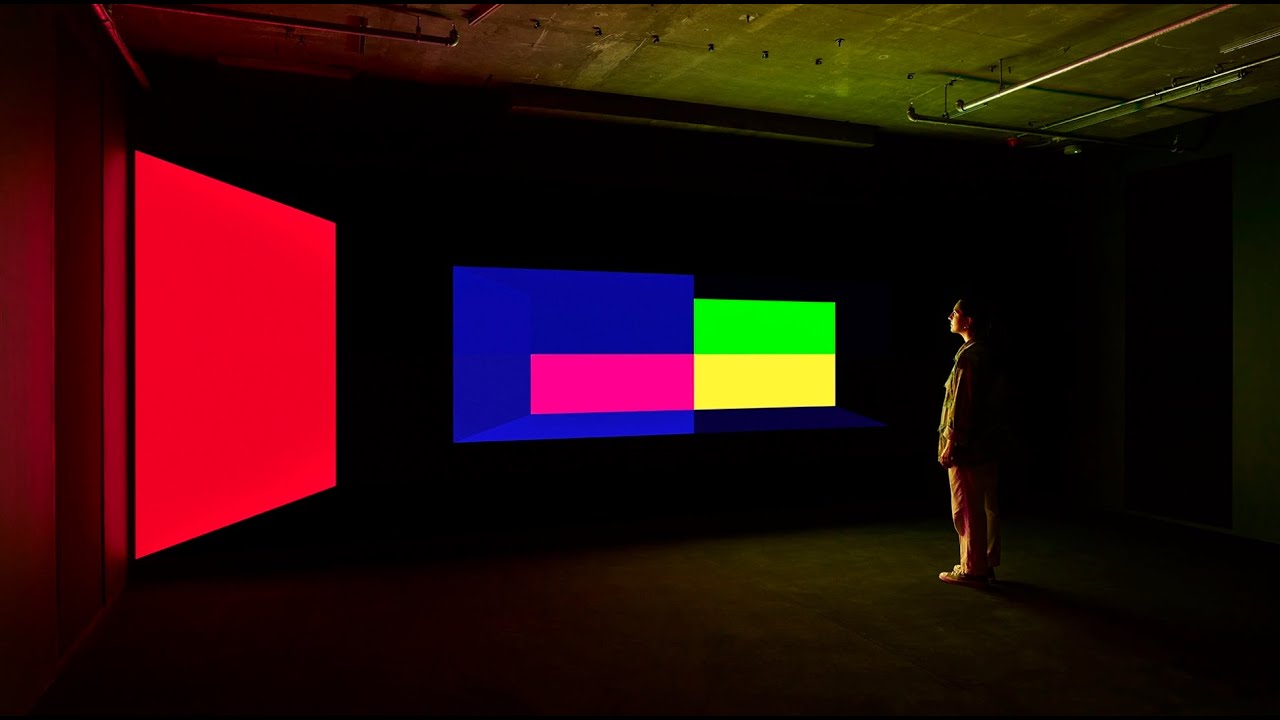
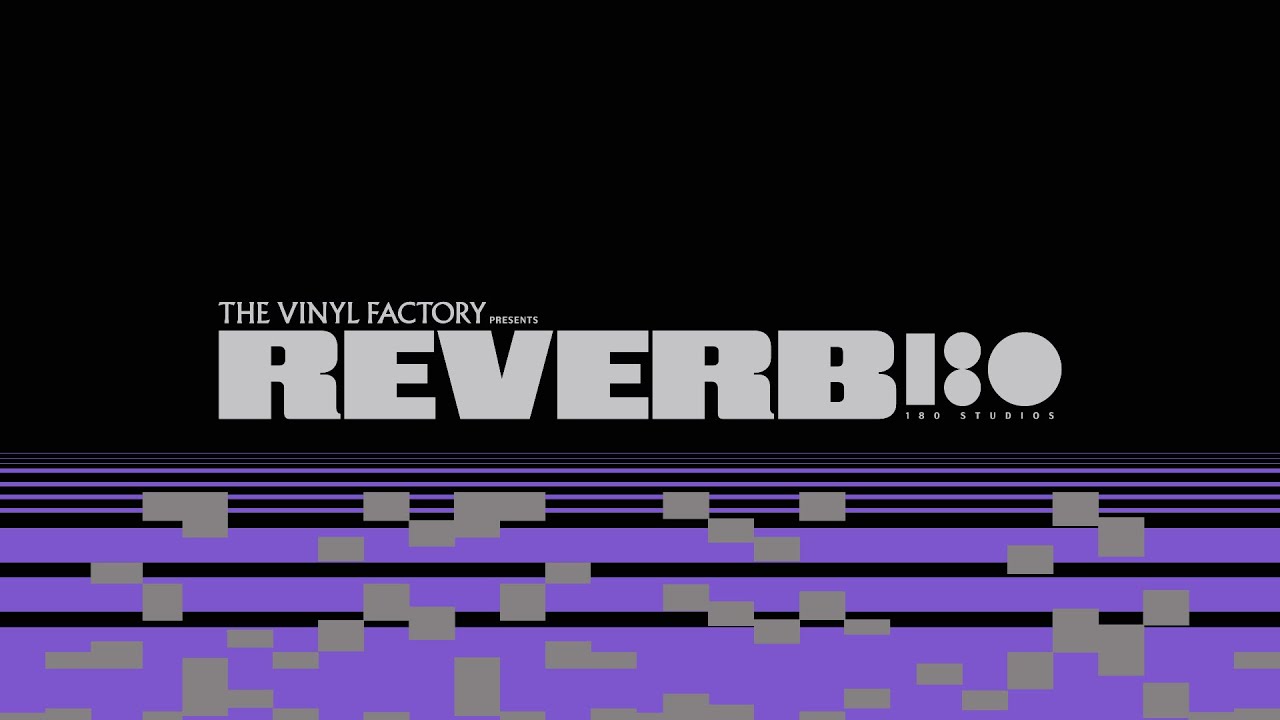


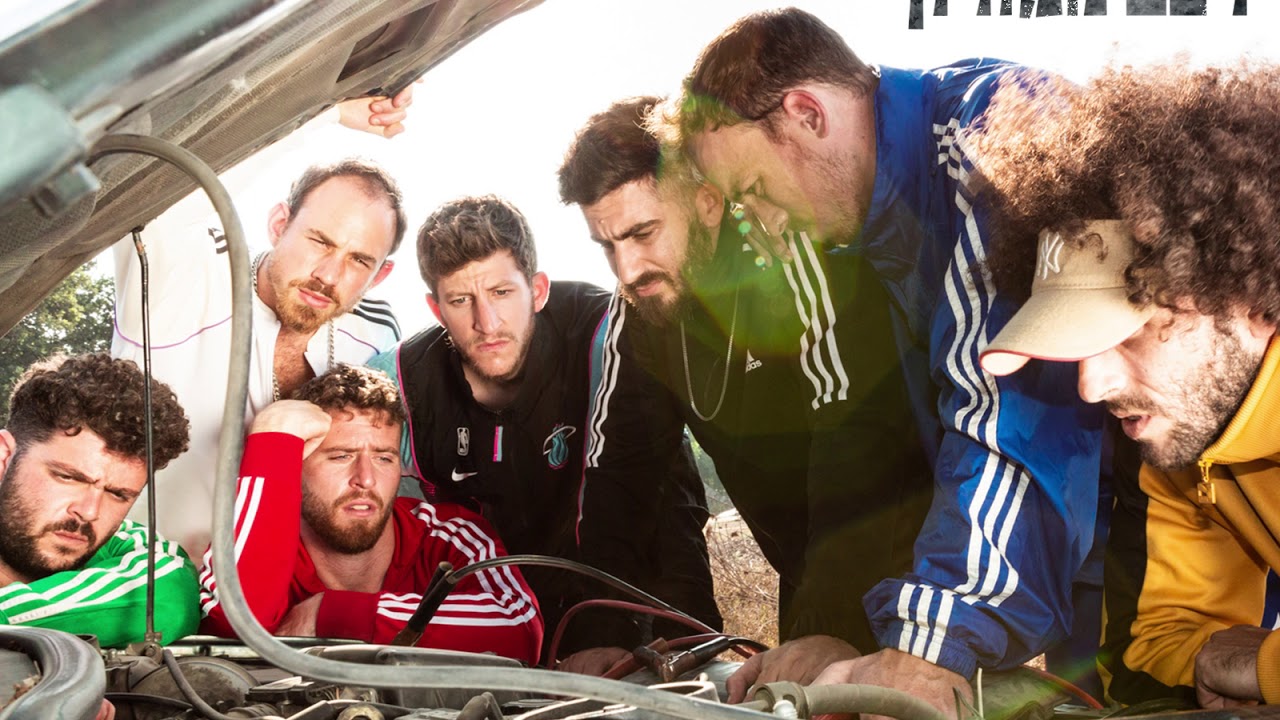

![Itzscallywag - 500 [Official Audio]](https://img.youlistener.com/upl2/public/662/695/b55/LidKZXknaDQ.jpg)








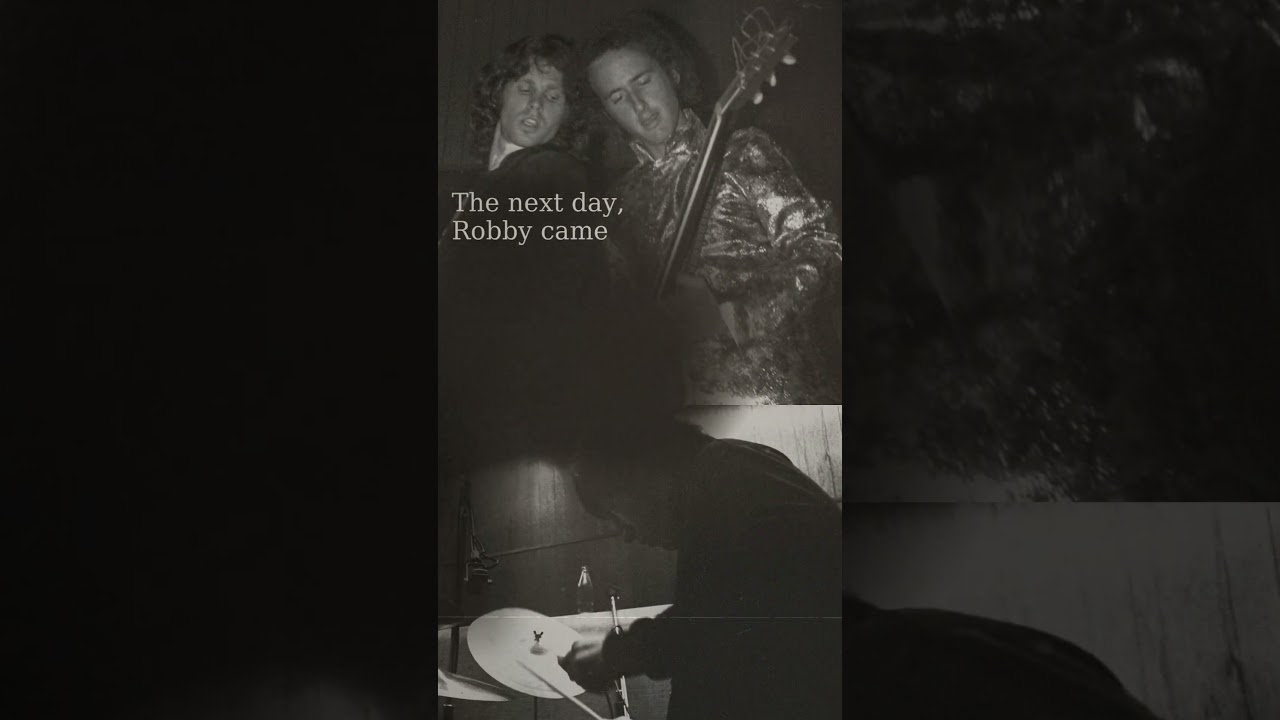

Comments